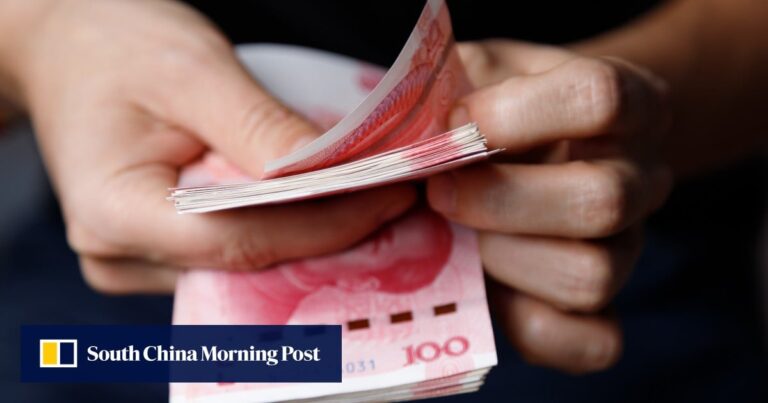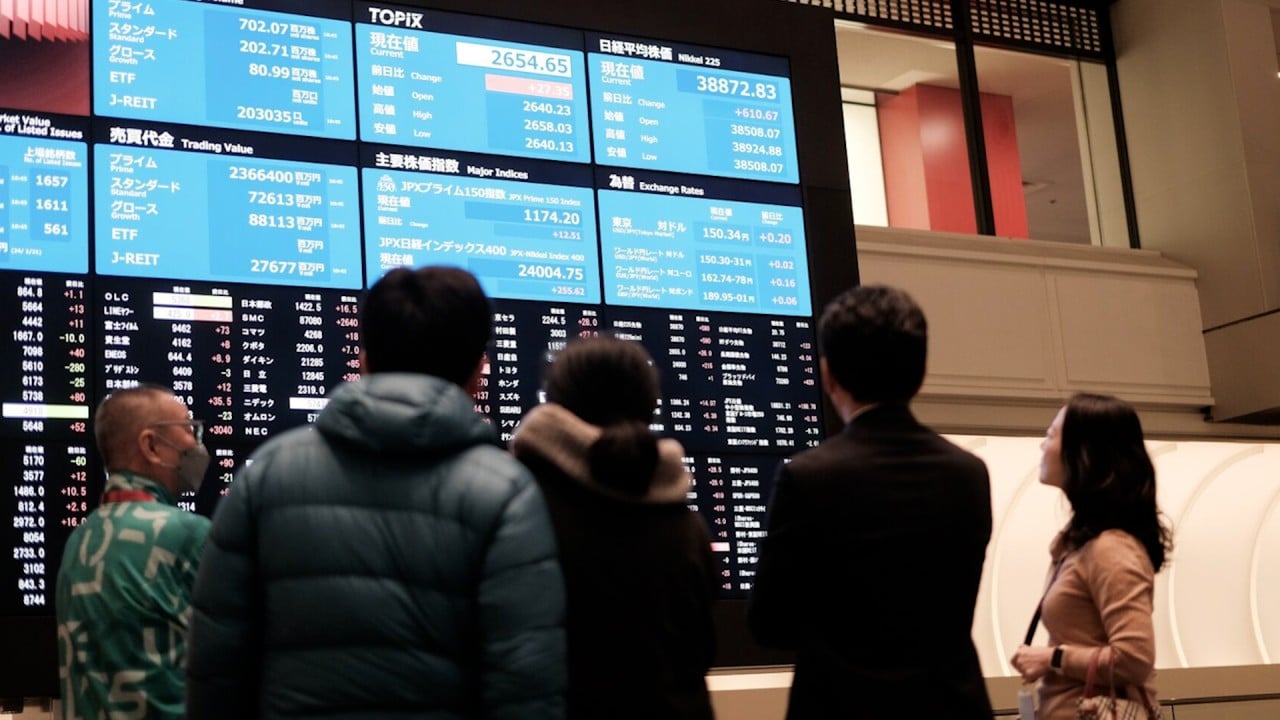“As the quality of a country’s financial system improves in the course of serving global supply chains, the basis for using that country’s currency will strengthen,” the report said.
China is seeking to steadily and carefully increase the global use of the renminbi while strengthening the management of cross-border capital flows and risk prevention measures.
The yuan’s average internationalization score last year was 6.27, compared with 51.52 for the U.S. dollar and 25.03 for the euro over the same period, according to the report. Higher scores reflect greater internationalization, but the survey did not reveal a maximum score.
The index ranked the renminbi higher than the British pound (3.76) and the Japanese yen (4.4).
Researchers at Renmin University launched the index in 2012. They collected data on the yuan’s trade settlements, financial transactions, and its use as an official reserve currency in other countries to determine the yuan’s level of internationalization.
Tu Xinquan, a professor and director of the China WTO Research Center at the University of International Business and Economics, wrote in May that Beijing’s ongoing efforts to optimize cross-border trade settlements will promote the internationalization of the yuan.
“The cross-border financial settlement platforms set up by the provinces have effectively attracted many financial institutions, improved the efficiency of payments and receipts for enterprises, expanded investment and financing channels, and promoted the internationalization of the renminbi,” he added.
Despite the growing momentum, the Renmin University report warned that renminbi internationalization will face challenges in the future, including pressure from the Chinese economy, persistent geopolitical risks, the relatively low return on renminbi assets and the relative weakness of the renminbi-US dollar exchange rate.


